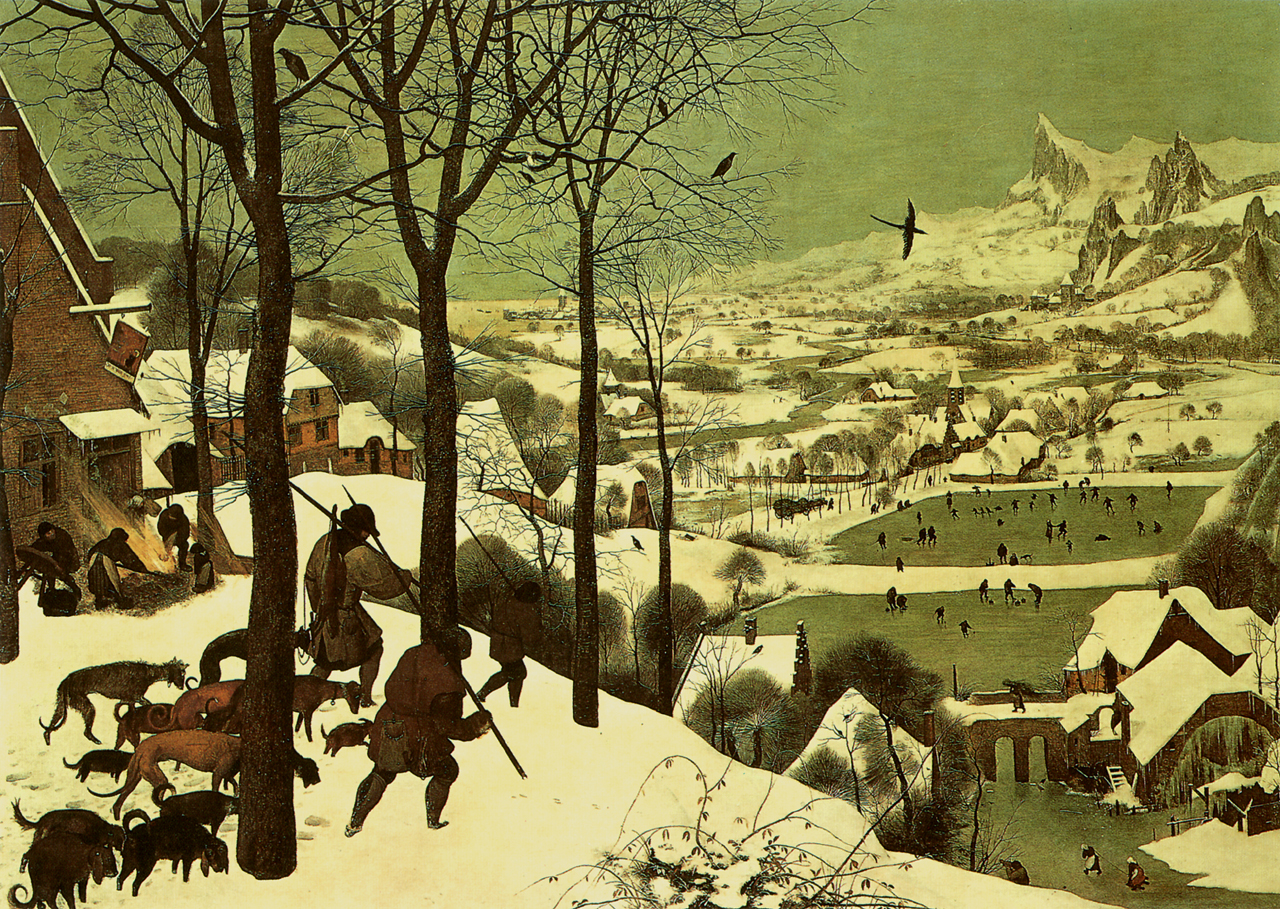
Have you seen Solaris? No, not the George Clooney version. I mean the 1972 Soviet classic directed by the great Andrei Tarkovsky. You remember the story; Kris Kelvin, the troubled-looking gent in the still shot above, is sent to a space station to investigate a mission that has gone all pear-shaped. The scientists on the mission are supposed to be researching a watery, ocean planet called Solaris. But, their research has produced strange findings. When Kelvin arrives on the ship, he discovers that things have indeed gone awry. The ship is a mess, one of the scientists has killed himself and mysterious, unidentified visitors are seen and heard flitting through the corridors.
With his colleagues are cagey about these details, Kelvin awakens to find that his dead wife, Hari (who we seat seated on his lap above) has re-appeared. Is she purely a product of his imagination? A delusion? She is seemingly impervious to destruction; when she is wounded, she heals rapidly. When she is ejected from the ship, she just returns the following night. Kelvin comes to understand that she is a non-human replication of Hari harvested from his memory by the churning waters of Solaris and materialized from neutrinos.
At the same time, this non-human Hari—a hybrid fusion of Kelvin's memory and the sentient ocean—begins to gain self-conscious. Initially, Hari is unable to remember the past; she can't identify herself in a framed photograph that Kelvin brings from Earth. Slowly, she differentiates herself from the terrestrial Hari, who persists only in Kelvin's memory and his photographs, and she takes on a life of her own.
A very interesting visualization of this sentience then unfolds as we see Hari gazing upon
the painting above: Jan Bruegel's Hunters in the Snow now in the Kunsthistorisches Museum, Vienna. A hunting party and a pack of hounds have entered the picture plane from the left as they descend snowy hillside toward a village. The pair of small lakes in the valley below have frozen solid. Silhouettes of skating adults and children flit across their surfaces. Craggy peaks sprout from the hillside beyond the pooled lakes as a single, darkened bird descends across the leaden sky.
Now, since Tarkovsky cuts between a shot of Hari looking at this image and a sequence of close-ups of the picture itself, we can infer that these shots offer us her point of view. The camera tracks slowly across the picture-plane, panning in and focuses upon specific, seductive details. And, as it does so, the film cuts to a scene of Kelvin as a boy playing in the snow—a scene from a film that Kelvin had previously shown to Hari. What we seem to be seeing, in other words, is this non-Hari's evolving capacity to make associations between perceptual data and mnemonic information. She says as much to Kelvin who calls her out of her reverie when she confesses that she has been "lost in my thoughts." If made from his mnemonic storehouse by Solaris's intervention, this hybrid non-Hari is beginning to take on a life of her own, to think for herself. If the scientists have been trying to study Solaris as Solaris has been trying to study them, it tempting to think of Hari's own consolidating consciousness as that frozen membrane of ice that separates the skaters from the chilly depths beneath. I'll need to come back to this topic later.
Now, since Tarkovsky cuts between a shot of Hari looking at this image and a sequence of close-ups of the picture itself, we can infer that these shots offer us her point of view. The camera tracks slowly across the picture-plane, panning in and focuses upon specific, seductive details. And, as it does so, the film cuts to a scene of Kelvin as a boy playing in the snow—a scene from a film that Kelvin had previously shown to Hari. What we seem to be seeing, in other words, is this non-Hari's evolving capacity to make associations between perceptual data and mnemonic information. She says as much to Kelvin who calls her out of her reverie when she confesses that she has been "lost in my thoughts." If made from his mnemonic storehouse by Solaris's intervention, this hybrid non-Hari is beginning to take on a life of her own, to think for herself. If the scientists have been trying to study Solaris as Solaris has been trying to study them, it tempting to think of Hari's own consolidating consciousness as that frozen membrane of ice that separates the skaters from the chilly depths beneath. I'll need to come back to this topic later.

